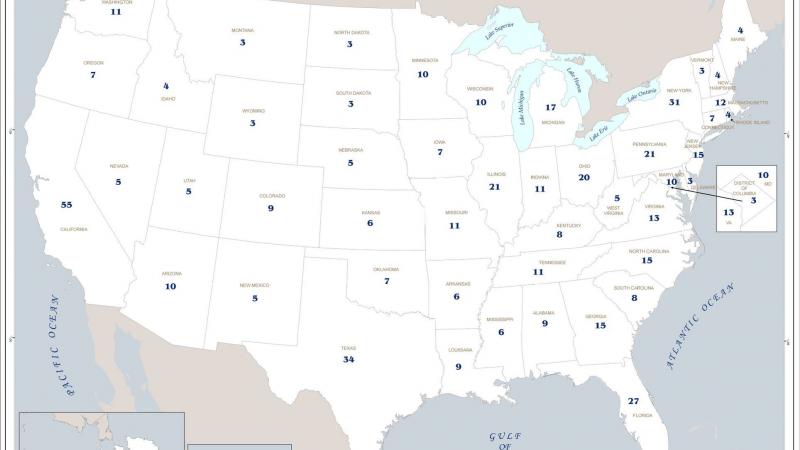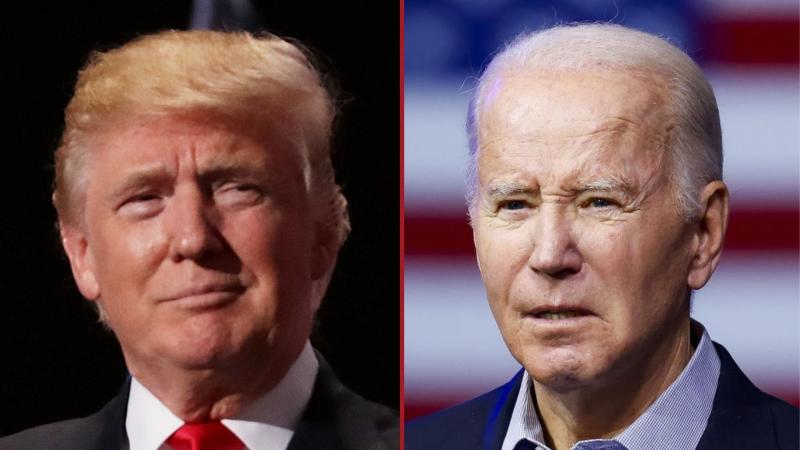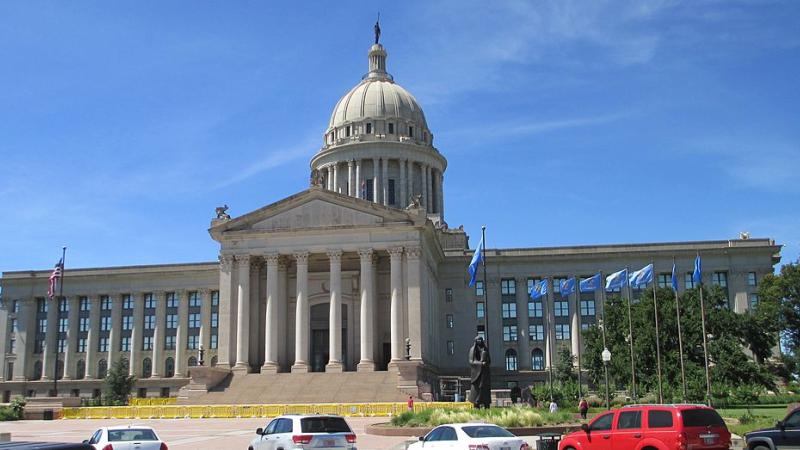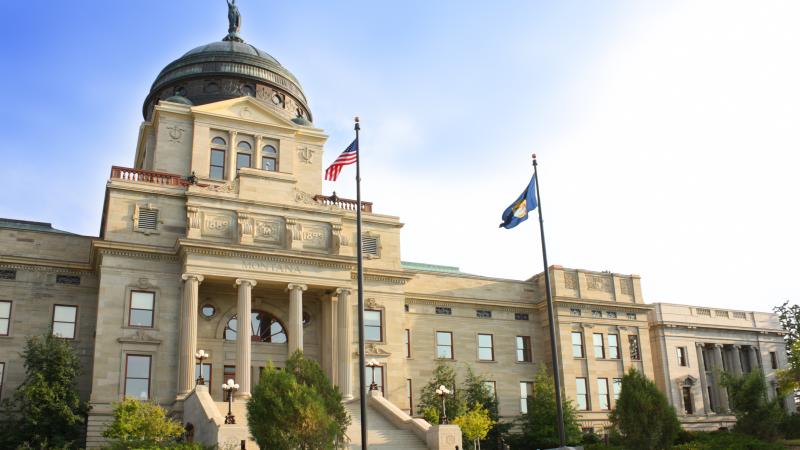Democrats dug themselves an election integrity hole, courts may bury them in it
From Supreme Court justices to district judges, Biden’s early Jim Crow narrative getting cold shoulder in early rulings.
For months now, President Biden and key Democrats have waged endless battle against state laws designed to improve the integrity of elections, ones that make voting easier and cheating harder.
From the start, the mission was complicated since its message ran smack into strong American sentiments in the court of public opinion: Polling shows three quarters of Americans support integrity measures like voter ID that Biden called "Jim Crow in the 21st century."
Now the Democrat train has run into a similar harsh reality in the courts of law, where justices and judges alike have concluded integrity measures aren't unconstitutional if they aren't designed to suppress based on race or skin color or socio-economic status.
The latest blow to the Jim Crow 2.0 argument was delivered Wednesday, when a federal judge refused to issue a preliminary injunction blocking Georgia's new election integrity law.
Georgia has been the Democrats' ground zero, the first state to enact comprehensive voting reform after the contested November 2020 elections. From activist Stacy Abrams to Attorney General Merrick Garland, the Peach State law has come under withering assault from the left.
To win the injunction, the left-leaning Coalition for Good Governance needed to show they had a high likelihood of succeeding. But U.S. District Judge J.P. Boule batted down their main constitutional argument.
"The Court is not persuaded by Plaintiffs' argument for a bright line exception to Purcell because they have alleged First Amendment harm. Plaintiffs have not provided authority, nor is the Court aware of any, that would support this interpretation of the law," Boulee ruled in an 11-page ruling.
The judge also concluded he was disinclined to "change the law in the ninth inning" when Georgia has runoff elections for seats in the Georgia state House planned for later this month.
"The risk of disrupting the administration of an ongoing election ... outweigh the alleged harm to plaintiffs at this time," he noted.
File
Georgia officials, including Secretary of State Brad Raffensperger, rejoiced at the ruling and called it a harbinger of things to come.
"This is just another in the line of frivolous lawsuits against Georgia's election law based on misinformation and lies," Raffensperger told Just the News. "We will continue to meet them and beat them in court."
The Georgia law still faces a second challenge filed recently by Garland and his U.S. Justice Department, which is pending in the courts.
But legal experts have cast doubt on the likelihood of Garland prevailing after the U.S. Supreme Court last week upheld new election integrity laws in Arizona that banned ballot harvesting and votes cast in wrong precincts.
By a 6-3 margin, the justices ruled such security provisions did not target minorities and therefore were constitutional, a ruling that could have an impact on future challenges to the Georgia law.
"If the Arizona voting decision had come down a month ago, I don't think the DOJ would've issued such a broad-based challenge" to the Georgia law," Harvard Professor of Law Emeritus Alan Dershowitz told Just the News last week.
Heritage Action for America, which was a key facilitator of the Georgia law, said Wednesday the courts are already signaling to Democrats an unwillingness to overturn common sense reforms from state legislatures, which are empowered by the Constitution to set the rules for state elections.
"For too long, leftist organizations have sought for activist judges to legislate from the bench and make last-minute changes to election law that erode many voters' faith in the process," said Garrett Bess, Vice President of Heritage Action.
"Today's ruling ensures that Georgia's upcoming runoff election follows Georgia's new election law, as passed by the legislature and signed by the governor, making it easier to vote and harder to cheat," he said.
While the Coalition for Good Governance vowed to press on with more legal challenges despite Wednesday's loss, there are signs some Democrats are already feeling they picked a fight they can't win.
Sen. Joe Manchin, the West Virginia moderate Democrat, refused to sign on to his party's election federalization law, saying banning voter ID and encouraging ballot harvesting was a partisan bridge too far.
And Rep. James Clyburn, one of the Democrats' longest serving and most respected House members, recently flip-flopped on voter ID requirements he once criticized, suggesting he could support that integrity measure.
"When I first registered to vote as a 21-year-old — back then, 18-year-olds could not vote — I got a voter registration card, and I always present that voter registration card to vote. And that's voter ID," Clyburn said Sunday during an interview on CNN. "We are always for voter ID. We are never for disproportionate voter ID."
While the reform laws are a primary battleground right now, some courts are also re-evaluating some of the absentee ballot practices Democrat-run states imposed during the pandemic.
A state judge in Georgia has authorized unsealing absentee ballots in the state's largest municipality, saying documented problems in Fulton County ballot counting warranted the extraordinary auditing measure.
And Wisconsin's Supreme Court ruled the state wrongly allowed tens of thousands of voters to skip voter ID requirements on absentee ballots by claiming they were invalid and homebound by the pandemic.
More legal challenges and audits are on the horizon. A Pennsylvania senator launched a ballot audit in his state this week, and others are challenging the legality of $350 million in donations Mark Zuckerberg made to local election judges and referees.
All are signs that the Democrats' tactics and their Jim Crow allegations are likely to see finality in the courts of law.
The Facts Inside Our Reporter's Notebook
Documents
File
Links
- three quarters of Americans support integrity measures
- "Jim Crow in the 21st century"
- federal judge denied preliminary injunction blocking Georgia's new election integrity law
- Joe Manchin refused to sign on to his party's election federalization law
- Clyburn recently flip-flopped
- Wisconsin Supreme Court ruled state wrongly allowed tens of thousands of voters to skip ID
















